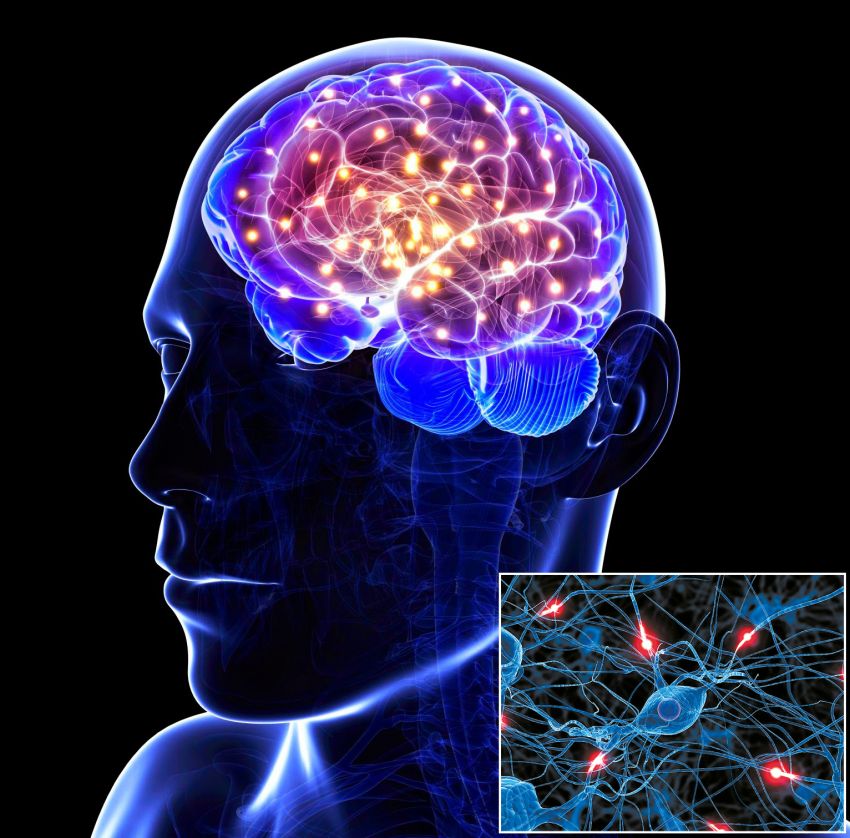All Science News

FORTH coordinates the National Precision Medicine Network for Neurodegenerative Diseases
A new emblematic initiative, the National Network for Neurodegenerative Disease Research towards Precision Medicine, commences its operation in Greece. This flagship initiative positions Greece at the forefront of neurodegeneration and ageing research, with initial funding of € 2.2million, over a two-yearimplementation period, provided by the Ministry of Development and Investments, through the General Secretariat for Research and Technology. The pioneering Network comprises leading National Research Centers and Universities, and is coordinated by the Foundation for Research and Technology - Hellas (FORTH), with the National and Kapodistrian University of Athens (NKUA) as co-coordinator.
Given the pronounced demographic ageing of the population in Greece, neurodegenerative diseases (such as Parkinson's, Multiple Sclerosis, Alzheimer's and other forms of dementia) afflict tens of thousands of individuals, while further exacerbation of their prevalence is anticipated, raising these numbers to hundreds of thousands in the coming decades. The establishment of the National Network for Neurodegenerative Diseases will contribute decisively towards the effective management of this phenomenon that is reaching epidemic proportions. Towards this overarching objective, the Network will build upon the available expertise and ongoing research efforts in National Research Institutions and Universities, to pursue four specific aims:
1. Creation of a National Registry for Neurodegenerative Diseases
2. Creation of a Neurodegenerative Disease BioBank
3. Biochemical and Molecular/Genetic Analysis of patient-derived biological specimens
4. Development of novel cellular and animal Neurodegenerative Disease models, as well as, identification of new neurodegeneration and ageing biomarkers.
The Network is coordinated by Nektarios Tavernarakis,FORTH Chairman and Professor at the Medical School of the University of Crete, with co-coordinator Leonidas Stefanis, Professor at the Medical School of NKUA. The participating Institutions are the Foundation for Research and Technology – Hellas, the National and Kapodistrian University of Athens, the Aristotle University of Thessaloniki, the Hellenic Pasteur Institute, the Biomedical Research Foundation of the Academy of Athens, the Biomedical Sciences Research Center “Alexander Fleming”, the University of Patras, the University of Crete and the University of Thessaly. An expansion of the Network is envisioned to allow the inclusion of additional Research Institutions, Universities and Hospital Clinics, with activities relevant to Neurodegenerative Pathologies.
As the Network’s Coordinator, Prof. Nektarios Tavernarakis, stated “The launching of the National Network for Research on Neurodegenerative Diseases complements other flagship precision medicine initiatives, where FORTH is actively involved. These are actions of strategic national importance, focusing on devastating human pathologies, including cancer, cardiovascular and now neurodegenerative diseases, with obvious and direct social benefit. The know-how and infrastructure that will be created within the Network will be pioneering and highly valuable for both the Greek and the global research community. Importantly, research results are expected to bring about significant improvements to the quality of life for patients and caregivers, since precision medicine approaches and treatments are essentially personalised and more effective, with fewer side effects, clearly enhancing clinical outcomes. In addition, rational and informed planning patient management will directly enable economy of scale in the healthcare system, by facilitating efficient use of resources and reducing unnecessary, superfluous expenses. Ultimately, genetic, molecular and biochemical analyses performed on large patient cohorts are expected to provide critical, novel insights into the mechanisms of disease pathogenesis. Such insights are important prerequisites towards the development of new effective therapies".







